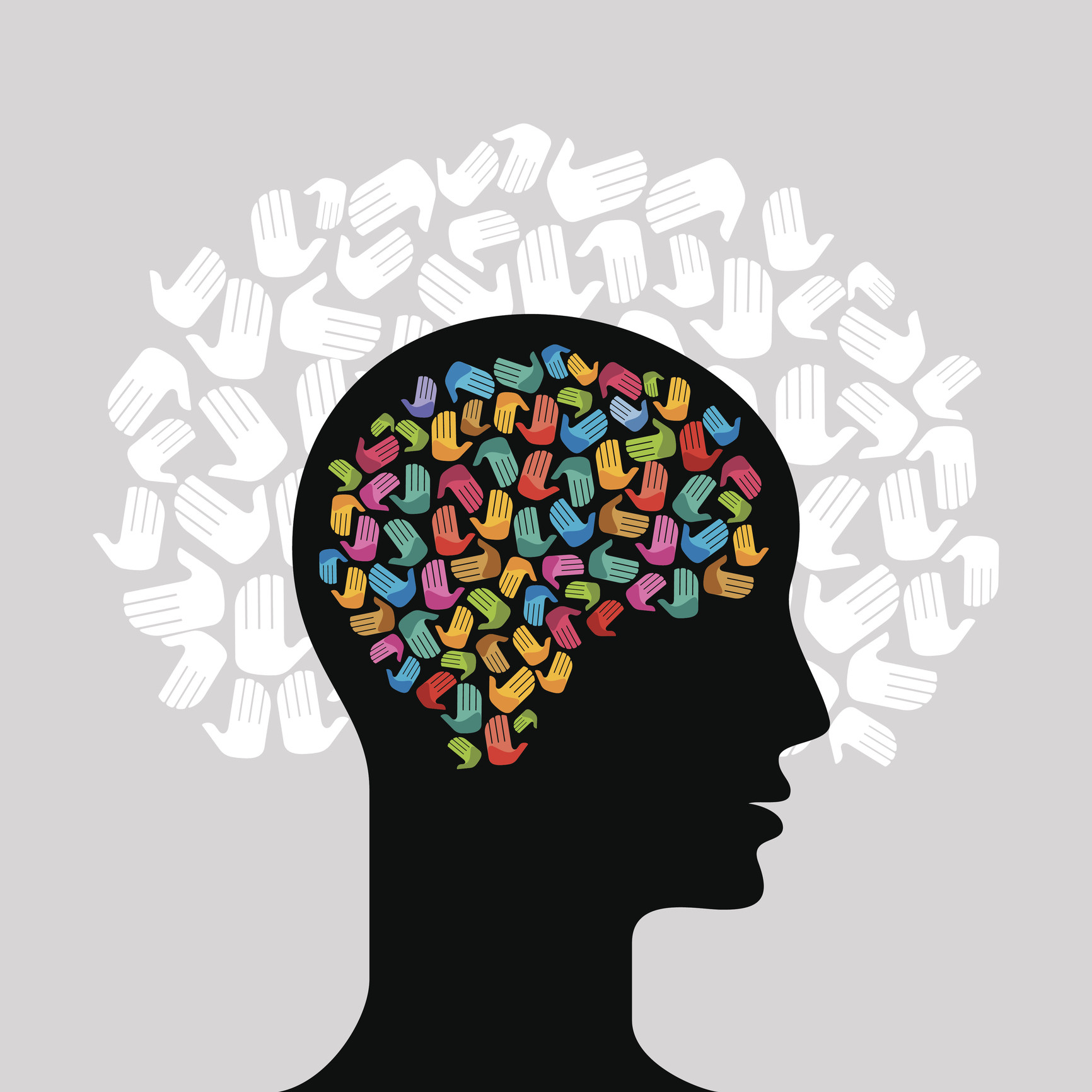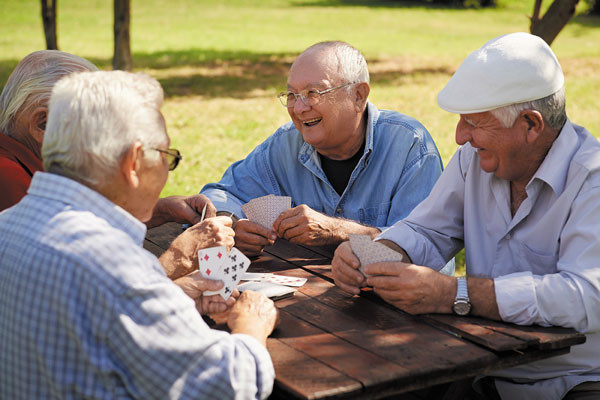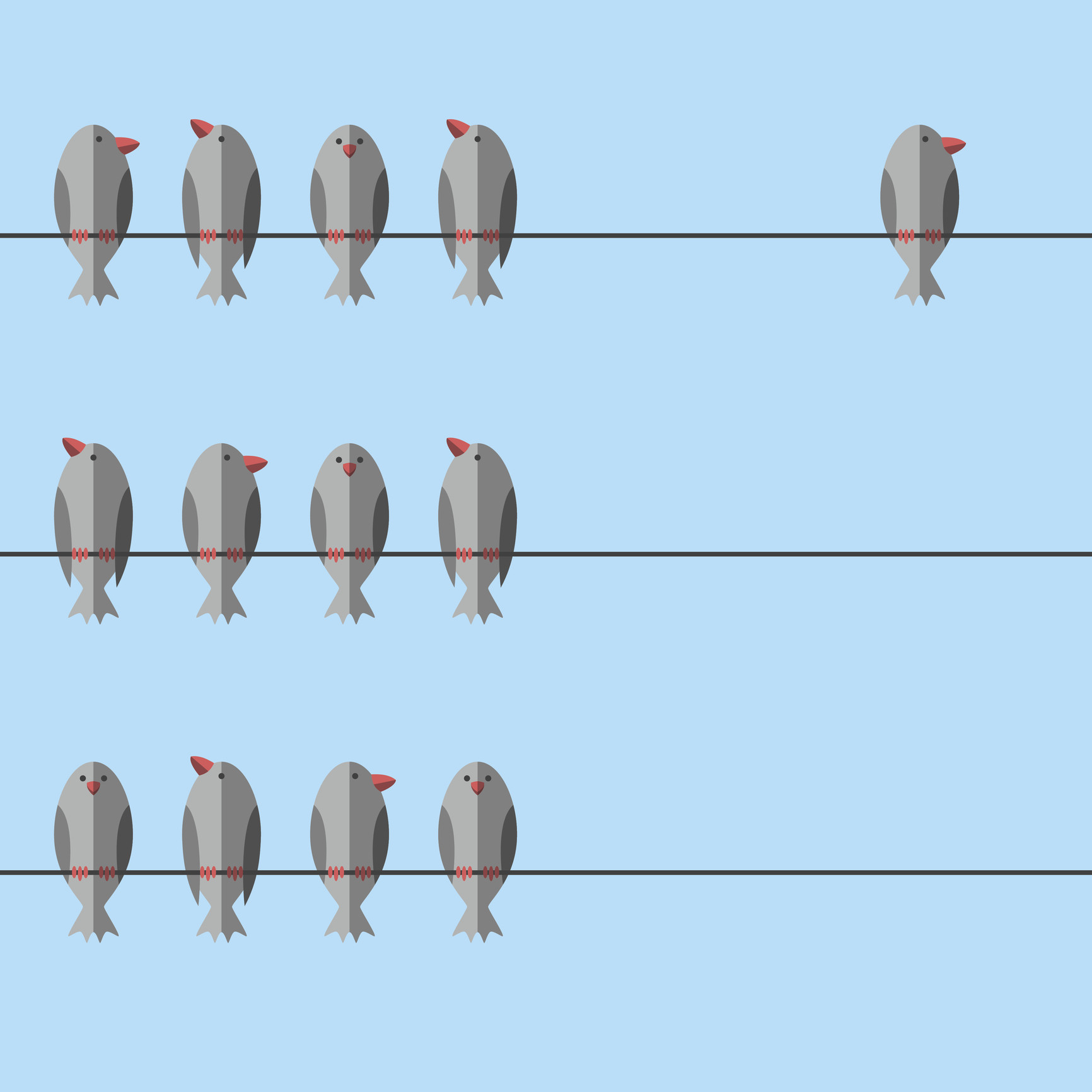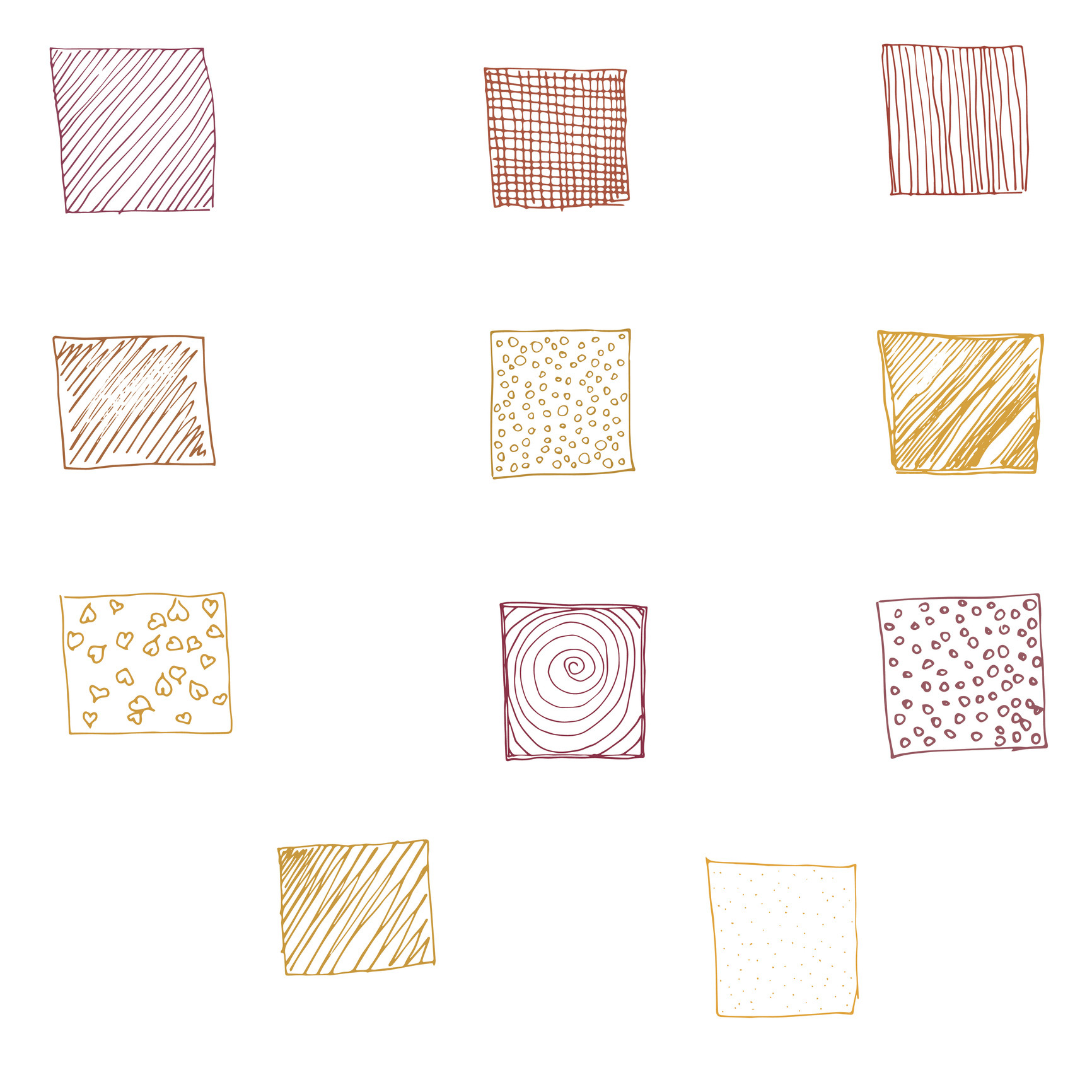
Trying to lose weight? Be careful not to lose muscle

Is your skin problem actually an autoimmune condition?

People with diabetes face higher risk of hearing loss

Antibiotic-free fixes for recurrent UTIs

Musculoskeletal syndrome of menopause: When menopause makes you ache all over

When can older women stop getting mammograms?

To lose weight, especially harmful belly fat, combine diet and exercise

Can men hold off on treating recurring prostate cancer?

The 7 types of rest and why we need them all

What are the early warning signs of cervical cancer?
Mental Health Archive
Articles
What the 21st Century Cures Act means for behavioral health
The 21st Century Cures Act, passed by Congress and signed into law by President Obama in December, provides or extends funding for a variety of health initiatives, including support for people with mental health and substance use issues. It builds on important innovations introduced in the Mental Health Parity and Addictions Equity Act and the Affordable Care Act.
3 easy ways to boost your brain
Mind-bending puzzles aren't the only route to improving memory and reason. Activities that engage your emotions and senses may be even better.
Image: JDwow /Thinkstock
In the midst of promotions for commercial brain training programs to ward off age-related cognitive decline, a few studies are beginning to indicate that simple pleasures may be even more productive. You may find that doing one of the following is an easier and more rewarding way to boost your brain than doing computer-based exercises.
1. Care for a dog
2. Color a picture
It's little wonder that 12 million adult coloring books—based on topics ranging from endangered species to art nouveau designs—were sold in 2015. Crayon sales also jumped by $11 million. Creating art—even if it means coloring inside the lines—can be both stimulating and relaxing.
Moreover, according to a 2015 German study, actively creating art also improves spatial reasoning. The German researchers randomly assigned 28 retirees in their 60s to two groups, both of which met weekly for 10 weeks. One group took classes in which they drew, sculpted, or painted; the other went to museums and analyzed the art they viewed. Both groups underwent tests and brain MRI scans at the beginning and end of the study. The researchers determined that, compared with the people who analyzed art, those who created art had greater improvement in the ability to detect spatial relationships and more activity in the region of the brain responsible for spatial perception.
3.Play with a child
Loneliness may be a marker for Alzheimer’s disease
Older adults who report feeling lonely had a greater risk of testing positive for high amyloid levels in the brain, a marker of Alzheimer’s disease, according to research from the Harvard Aging Brain Study.
Brain science suggests “mind wandering” can help manage anxiety
The wandering mind can get stuck on negative thoughts and start to “react” to a perceived threat that feels very real–and makes you feel anxious. Naming the negative feeling associated with that thought and then helping your mind wander in a more positive direction can help.
Writing to ease grief and loss
Some research suggests that disclosing deep emotions through writing can boost immune function as well as mood and well-being. Conversely, the stress of holding in strong feelings can ratchet up blood pressure and heart rate, and increase muscle tension.
Deeply troubling situations, such as suicide or a violent death, are best explored with the help of an experienced therapist. You might want to seek professional support to help you start to deal with your grief before trying journal writing. If you'd like to try keeping a journal to help you process feelings of grief, keep these things in mind:

Trying to lose weight? Be careful not to lose muscle

Is your skin problem actually an autoimmune condition?

People with diabetes face higher risk of hearing loss

Antibiotic-free fixes for recurrent UTIs

Musculoskeletal syndrome of menopause: When menopause makes you ache all over

When can older women stop getting mammograms?

To lose weight, especially harmful belly fat, combine diet and exercise

Can men hold off on treating recurring prostate cancer?

The 7 types of rest and why we need them all

What are the early warning signs of cervical cancer?
Free Healthbeat Signup
Get the latest in health news delivered to your inbox!
Sign Up











